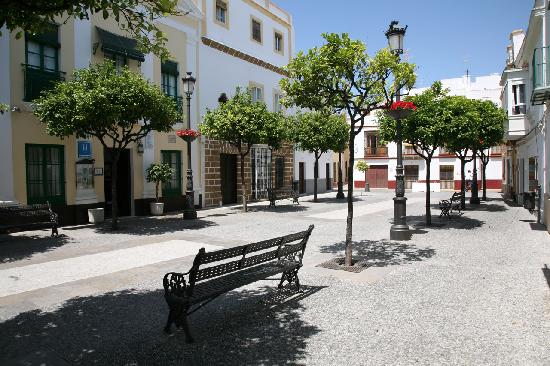Cuando era pequeño
I'm in a complete muddle. I am writing about a man who used to live in London. I was told by one teacher that if you use the phrase "cuando era pequeño" the imperfect is used. But, a Spanish speaking tutor says that it's setting the scene of a narrative. So, should it be"Cuando era pequeño mi abuelo vivía en Londres y Reading" or " Cuando era pequeño vivió en Londres y Reading"? I've spent a week on this and looked in numerous grammar books and am still not sure. Margaret
3 Answers
Hello, Maglet. I'm not a native Spanish speaker, but my vote is for the imperfect. The way I was taught, the past is either a "dot" of time, which would mean to use the preterite, or a "line" of time, whether continuous or broken, which would use the imperfect.
Examples:
When he was little, he lived in London one day to see his uncle. - That's a dot in time, so I'd use "vivió."
When he was little (until he turned 21), he lived in London. - That's a continuous line of time. Use the imperfect - "vivía."
When he was little, he lived in London every other week. - That's a broken line of time. Use the imperfect - "vivía."
So is it a dot of time or a line of time?
It also seems to me that when you speak of "lived" in the past, it's usually going to be a line of time, so I'd use the imperfect.
But again, I'm not a native Spanish speaker.
Another way, very common is to use "de" plus a noun.
De niña vivía en Rota, España. When I was a little girl, I lived in Rota, Spain.

Cuando era pequeña vivía en Londres y Reading- means that the person always lived in those places when she was young while Cuando era pequeña, vivió en Londres [por un año] - means that she did it for a relatively short period of time - (a year, for instance) - it is something unusual - vivía is a more permanent action in the past.











